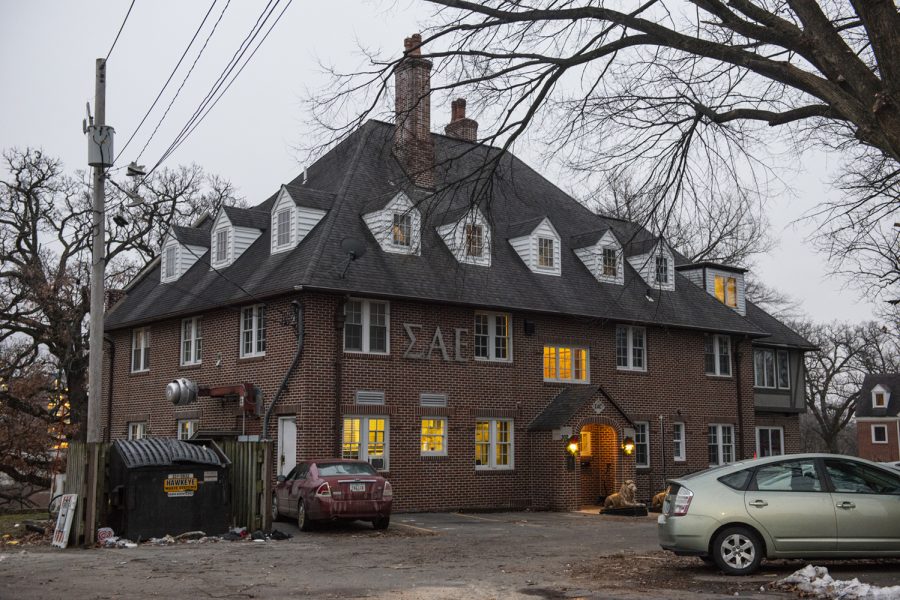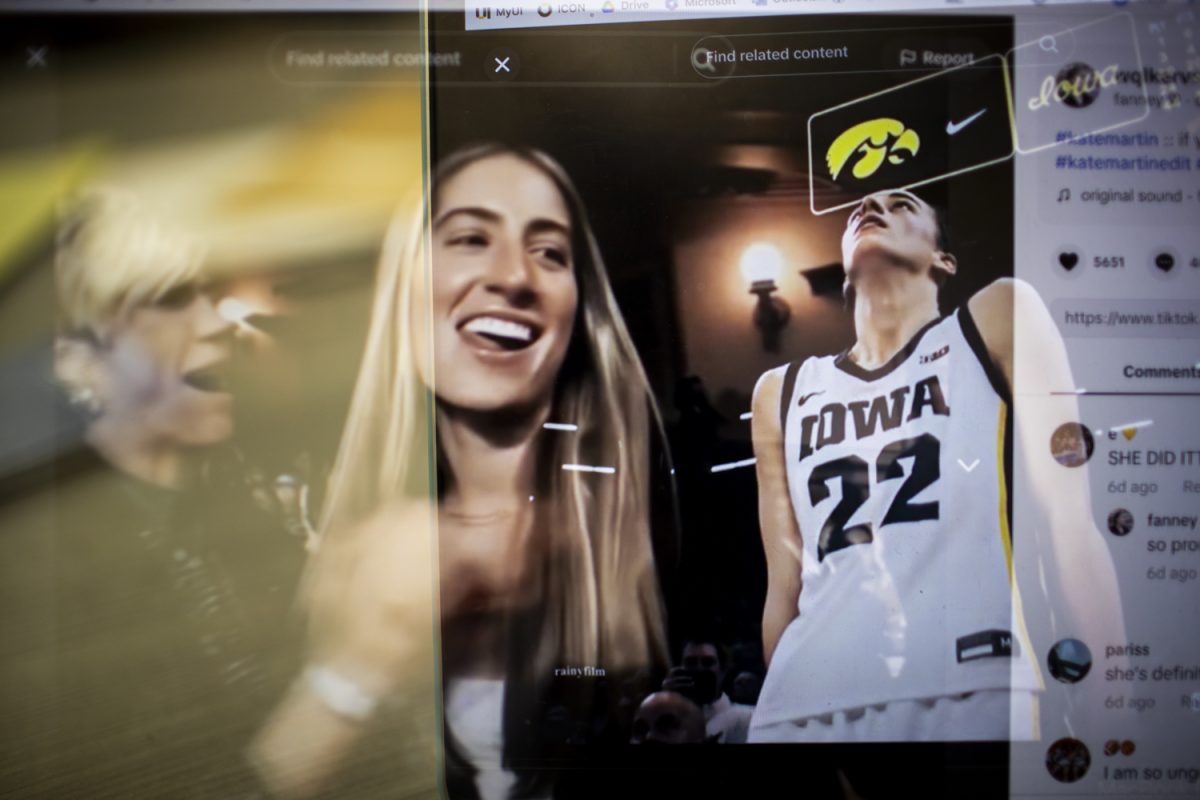For the first time in a decade, the University of Iowa saw a 6 percent decrease in the student high-risk drinking rate in 2011.
But high-risk drinking rates still remained almost twice as high as the national average — at 64.5 percent compared with 34.1 percent — a number UI and city officials are continually working to decrease by implementing new alcohol-reduction initiatives this fall.
"I think we’ve legislated a lot, we’ve been programming like crazy, we need to think about what more," said Mayor Matt Hayek, a cochairman of the Partnership for Alcohol Safety.
Alcohol-safety advocates met Wednesday afternoon to discuss what more can be done to manage alcohol risk at the UI.
Members of the group — a collaboration between city and UI officials — are developing several goals to combat overconsumption by 18- to 23-year-olds.
Kelly Bender, UI campus-community alcohol-harm reduction coordinator, said 18- to 23-year-olds make up the majority of high-risk drinkers. In 2011, 882 members of that age group were arrested on alcohol-related charges, according to the UI police. The age group made up 61 percent of the total public-intoxication arrests by both UI police and Iowa City police.
Bender said these data prompted her to create a Partnership for Alcohol Safety Strategic Planning Committee. The committee will plan ways to increase alcohol education with students, bar owners, and their staff. The committee will also create more alcohol-free events and address concerns on Friday After Class — when students begin drinking earlier in the day.
Bender said bringing the downtown district and local law enforcement together will be a large focus for the partnership next fall.
Iowa City police Sgt. Denise Brotherton stressed further community involvement will lead to lower alcohol problems.
"It needs to be bigger — you need to bring in the rest of the community," she said. "It can’t just be police, police, police — bar owner, bar owner, bar owner — we need to engage the rest of the group here and the community."
City officials said they are happy with the progress the UI has seen by increasing safety-advocacy initiatives across campus.
Although the 21-ordinance helped reduce alcohol-related issues, Bender said, hands-on approaches by officials have helped as well.
Members of the UI Staff Council also discussed the university’s efforts to combat binge-drinking Wednesday.
Susan Assouline, a UI professor of education, discussed the Alcohol Harm Reduction Plan, a three-year plan aimed at reducing the 70 percent binge-drinking rate reported on campus that was established in 2010. Assouline presented data from the year-two of the plan at the meeting.
She said she believes the UI is on track with the progress being made.
"Things that we have said we’re going to do have been done, and there’s a continual review of where we are with current tactics," she said. "People are pleased. The movement is slow, but it’s moving."






